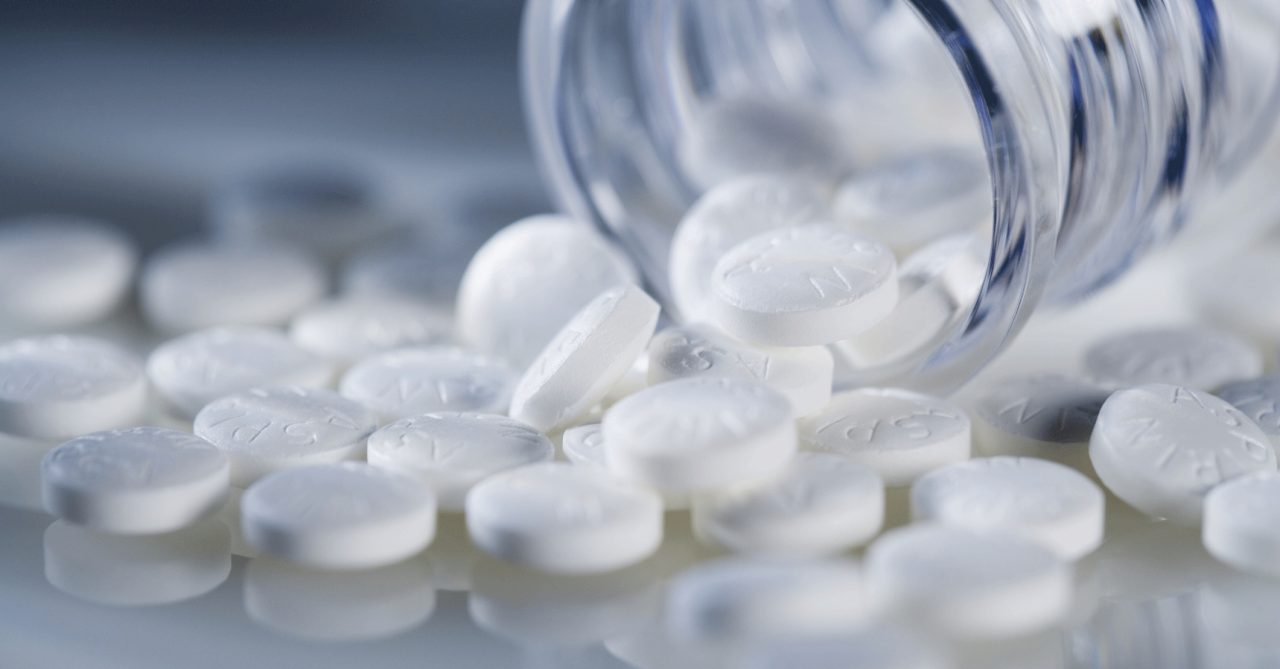Can Aspirin Help You Get Pregnant?

While it's normal to lose pregnancies, don’t panic if you don’t succesfully conceive. An analysis suggests low doses of aspirin could help you have a baby.
Don’t panic if you don’t conceive quickly. It’s also normal to lose pregnancies. Something as simple as taking a baby aspirin daily may help.
How does aspirin fit in?
One large clinical trial failed to show that a daily baby aspirin helped produce babies. The study tested the effects on more than a thousand women between the ages of 18 and 40 years with a history of one or two miscarriages, all trying to get pregnant.
An analysis, however, concluded that baby aspirin does help, if you take it at least four days a week.
YOU MIGHT ALSO LIKE: Sorting Out the Crazy and Correct When It Comes to Fertility
How the study worked
Women volunteers were randomly assigned to take .4 mg of folic acid, considered a placebo, or folic acid plus a baby aspirin (containing 81 mg, compared to 325 mg in adult aspirin) for up to six menstrual cycles while trying to become pregnant. Women who conceived continued taking the study medication until the 36th week of pregnancy.
For every 100 women taking the aspirin at least five days each week there were eight more pregnancies, 15 more live births, and six fewer pregnancy losses, compared to women who took only folic acid. But even four days a week helped. Taking it earlier also helped.
Why would aspirin affect pregnancy?
Low-dose aspirin can improve blood flow and help prevent heart problems, although you should talk to your OBGYN as some people should not take aspirin daily because it can increase the risk of blood clots.
Each stage of reproduction is linked to the next, so better blood flow when you conceive and when the egg implants can make your placenta function better, lowering your risk of problems like preeclampsia, small-for-gestational-age infants, and preterm birth. That means you’re more likely to have a live birth.
Low-grade inflammation is linked to fewer pregnancies, and low-dose aspirin may help some women address the problem. It’s most effective, however, in increasing pregnancy and birth rate in women who have no or few components of metabolic syndrome (a cluster of symptoms that include high blood sugar, high triglycerides, and a poor cholesterol ratio on blood tests).
Low-dose aspirin may also affect how platelets function; ineffective platelets can interfere with your placenta.
What else did this data reveal?
After a pregnancy loss, the highest live birth rates were observed among couples who did not wait before trying to conceive again.
Nausea and vomiting were common very early in pregnancy and were associated with a strongly reduced risk for pregnancy loss. Using marijuana, opioids, and the SSRI antidepressants also seem to add to the time it takes for a woman to get pregnant.
When do I need to seek help with pregnancy?
Women younger than age 35 can wait a year after a failed pregnancy. Women over that age might get help after six months of trying, since your chance of having a baby goes down quickly every year after the age of 30.
If you have irregular or very painful periods, endometriosis, pelvic inflammatory disease, or a history of more than one miscarriage, talk to your doctor as soon as you decide you want to start trying.
Talk to your doctor if the father has a history of trauma to his testes, a hernia surgery, chemotherapy, or experienced infertility with another partner.
What’s a normal pregnancy?
If it takes you three months to get pregnant, you’re right in the middle of the pack.
The most fertile couples have only about a 30 percent of conception during each menstrual cycle. Anywhere from 15 to 30 percent of pregnancies are lost.
If you’re a woman under the age of 35, most experts say you don’t need to see a doctor about your fertility until around a year of trying.
But it’s also not uncommon to get frustrated. About 6 percent of married women aged up to 44 years in the United States are unable to get pregnant after trying for a year. About 12 percent of women in that age group have difficulty getting pregnant or carrying a pregnancy to term, according to the Centers for Disease Control and Prevention.
Obesity makes it harder to have a baby. If your doctor tells you after a blood test that you have metabolic syndrome but aren’t obese, you might need an extra month to get pregnant.
Updated:
August 10, 2023
Reviewed By:
Janet O’Dell, RN